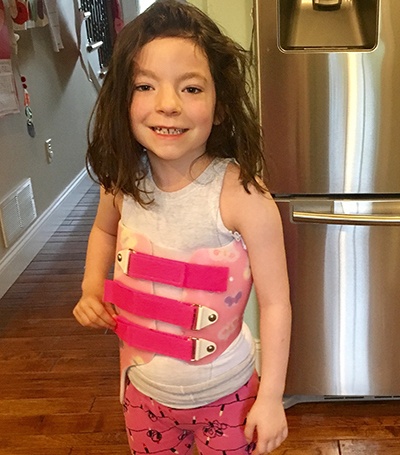Topics: News
FPWR's 2017 family conference was our largest conference yet. With the theme Dream, Believe, Achieve, it attracted more than 230 PWS parents, grandparents, children, clinicians and researchers.
Prader-Willi Syndrome (PWS) most commonly results when a set of key genes are missing on the paternal 15th chromosome (deletion) — or else when the paternal chromosome has been entirely replaced by a maternal copy (uniparental disomy, UPD). One of th...
Topics: Research
As with many neurodevelopmental disorders, individuals with PWS often struggle with developmental delays and impaired cognition. Within the Global PWS Registry, 75% of participants who have had IQ testing scored with some level of intellectual disabi...
Topics: Research
The mechanisms in the nervous system that control appetite and satiation are complex. And the dysfunctions in those mechanisms that lead to hyperphagia and obesity in people with PWS are likewise complex and unclear. Yet, several hypothalamic appetit...
Topics: Research
Like many medical providers, Dr. Harold van Bosse came to specialize on Prader-Willi Syndrome (PWS) by happenstance. In the late 90s, a pediatric patient with PWS came under his care for treatment of scoliosis. At the time, not much was known about o...
Topics: Research
Parenting a child with special needs can be full of wonderful unexpected moments of joy such as seeing your child accomplish a difficult task or witnessing him or her make progress in therapies after months of hard work. These are unique and special ...
Topics: Research
Food, hunger, mealtimes, eating — these are all important issues for people with PWS and their families. Sara Parker knows all about feeding challenges and PWS. She's a speech pathologist who specializes in pediatric feeding and has spent more than t...
A special contribution by One SMALL Step host Samantha Kalasek Once upon a time, there was a "boy mom" blessed to be outnumbered. She believed she was living a very basic tale until she turned the page and realized it was actually a choose-your-own-a...
Topics: Stories of Hope
Dr. James Hougland is a multi-award–winning biochemist at Syracuse University and recipient of a 2013 BIG Grant through the Foundation for Prader-Willi Research. FPWR funded his study on ghrelin O-acyltransferase (GOAT), an enzyme that modifies ghrel...
Topics: Research
Schaaf-Yang Syndrome (SYS) is a rare genetic condition that shares some clinical features with PWS. SYS is caused by the disruption of the MAGEL2 gene on chromosome 15, which is also missing in people with PWS. People with each of the syndromes exper...
Topics: Research
















